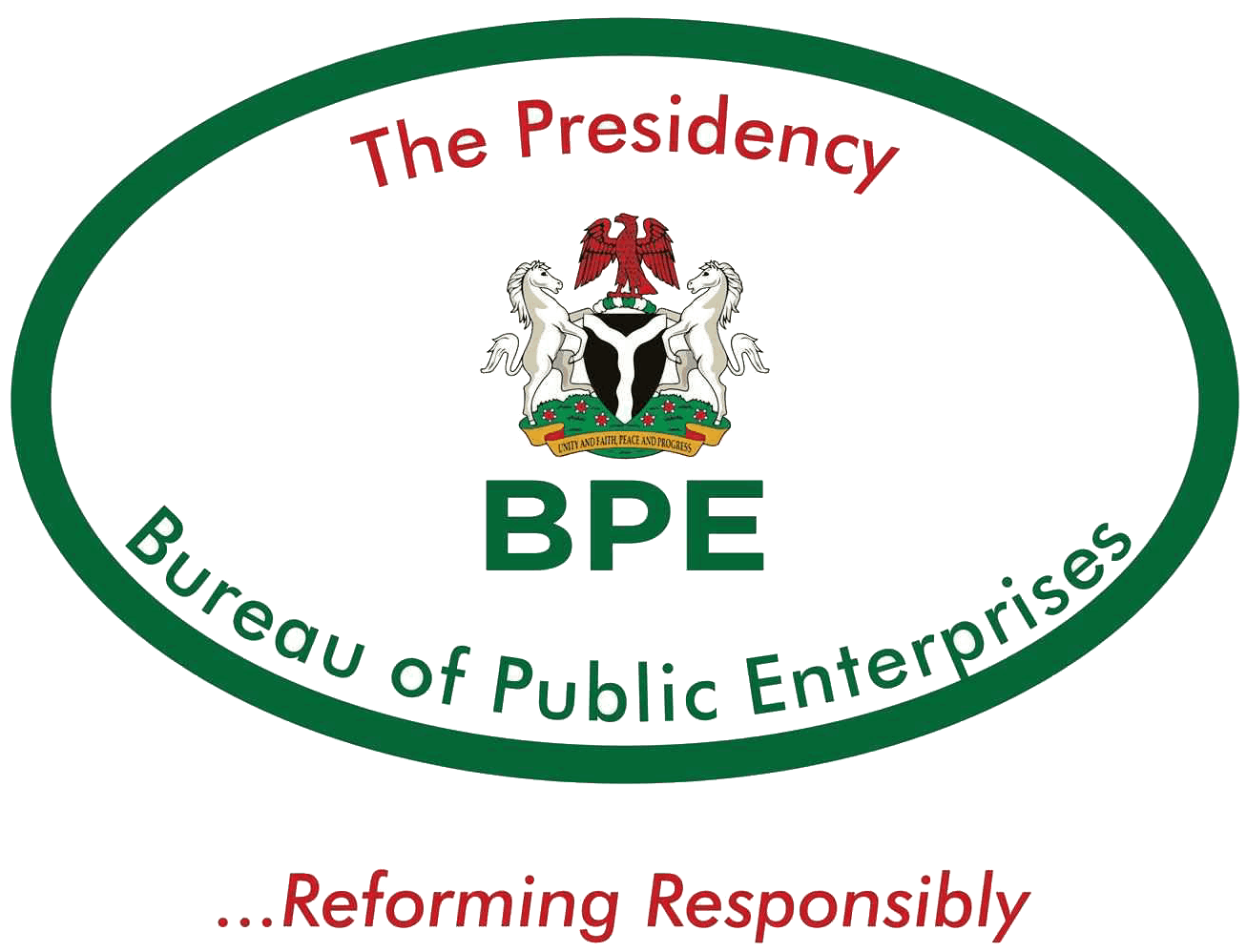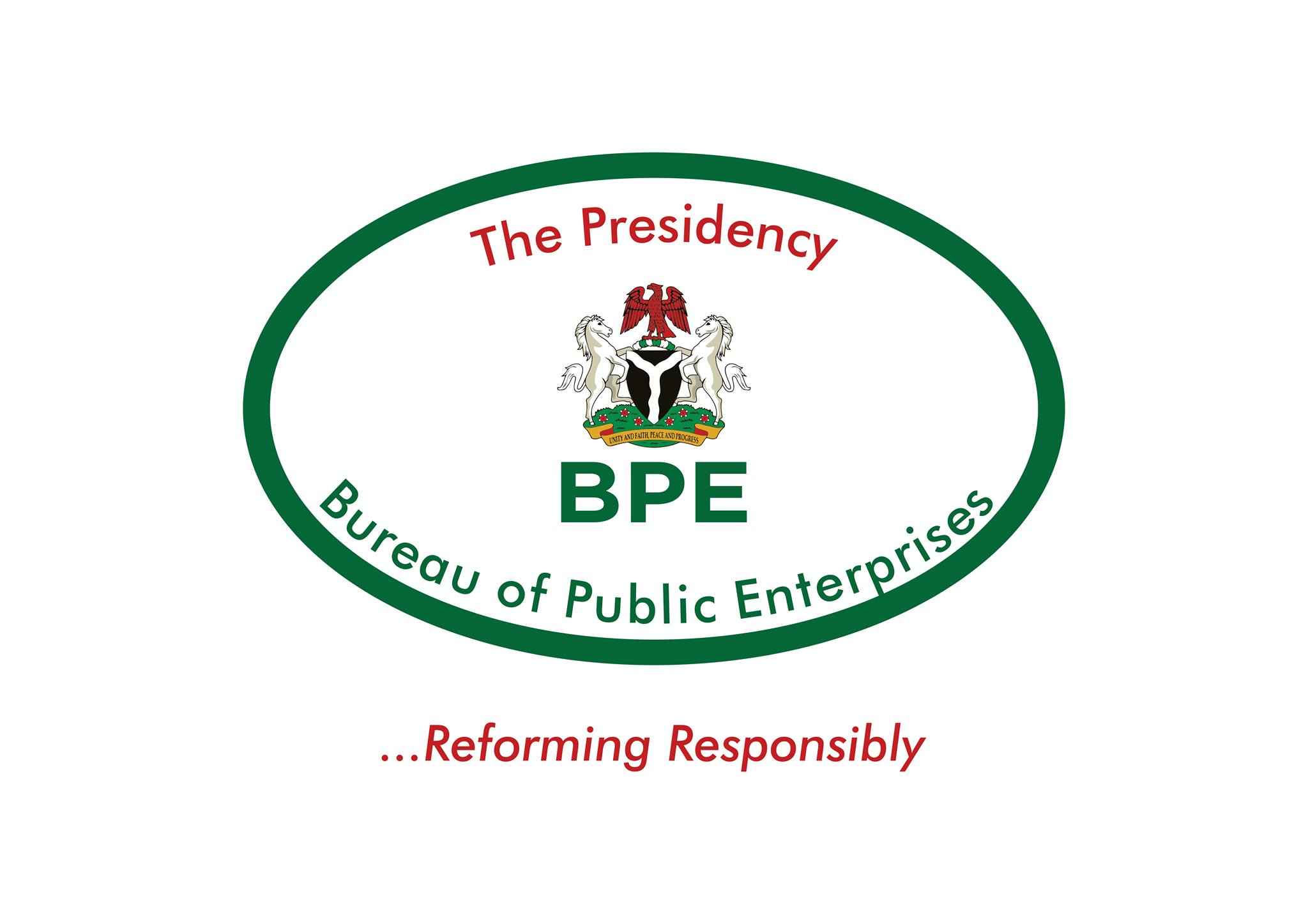SECTOR DATA
The Macro-environment:
Steel is accepted worldwide as the bedrock of industrialization for any Nation. This industrial base hinges on a well-developed iron and steel industry that would produce such industrial raw materials as:
- Cast Iron (different categories)
- Rods and bars (both high tensile and mild steel varieties)
- Wires (in all its verifications)
- Structural steels (light, medium and heavy structures)
- Flat Sheet steels (plain, galvanized and the entire spectrum classified as flats)
- Stainless and other special alloy steels
- Rails and pipes
- Plates (various sizes in width and thickness)
It is obvious that it is only government that could provide the initial developmental funds in view of the high capital costs and the long gestation period of such projects. Many third world countries like Egypt, Libya, ’Pakistan, South Korea and India etc commenced their quest for industrialization with the development of their various steel sectors.
Nigeria on its own part began the plan for the development of the Steel Industry in 1958. The international organizations and consulting firms at various times were commissioned to study the feasibility of steel under the aegis of the Federal Ministry of Industries. Parallel efforts were also made to identify and analyse the principal raw materials needed for the steel industry.
The discovery of the Itakpe Iron ore deposit in 1972 by the Soviet aero magnetic survey team catalyzed the formal signing of a global contract in 1975 with the Soviet State-owned firm of Tiajpromexport for an integrated steel plant of 1.3 million tonnes of long products to be immediately expanded to 2.6 million tonnes of flat products while the third phase would raise the annual production to 5.2 million tonnes. The plant was based on the traditional blast furnace/Basic Oxygen Furnace Technology of steel production. Between 1961 and 1965 many firms from the industrialized nations had submitted proposals for the construction of an integrated steel plant in Nigeria.
The Nigerian Steel Development Authority (NSDA) the first formal body to supervise the steel industry in Nigeria was established in April 1971 through a Decree under the military rule (Decree No. 9 of April 14). This body was charged with two major responsibilities thus:
- Planning, construction and operation of steel plants carrying out geological surveys, market survey/ studies, and
- Metallurgical research and training.
In 1975, the Federal Government of Nigeria signed a “Turn-Key” contract with a German-Austrian Consortium for a “Direct Process” (DR) plant to be located in Aladja, Warri in the South eastern part of the country (Delta Steel Company).
The NSDA was dissolved in 1979 but metamorphosed into 9 other limited liability companies, as listed below:
- Ajaokuta Steel Project, Ajaokuta
- The Delta Steel Company, Ovwian-Aladja
- Jos Steel Rolling Company, Jos
- Katsina Steel Rolling Company, Katsina
- Oshogbo Steel Rolling Company, Oshogbo
- National Iron Ore Mining Company, Itakpe
- National Steel Raw Materials Exploration Agency, Kaduna
- National Metallurgical Development Centre, Jos
- Metallurgical Training Institute, Onitsha
The companies were expected to be self-funding while 7 of the 9 above were fully funded by the government. Despite these seemingly huge investments, the steel industry in Nigeria is still in a state of underdevelopment; the delay in the completion of Ajaokuta Steel Company, the outright closure of some of the companies and the low capacity utilization in the operating ones reflect the comatose state of the industry. Currently the Basic metals policy is being developed to facilitate and accommodate the private sector participation in the Industry.



